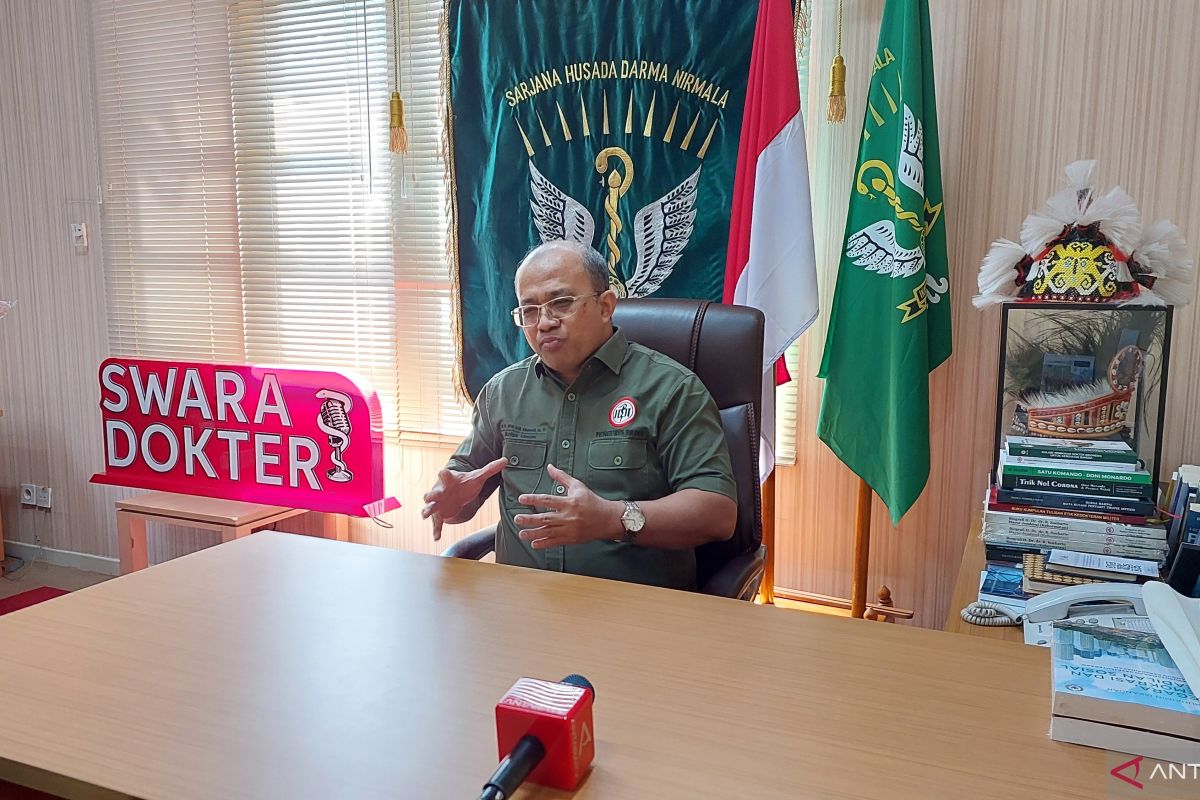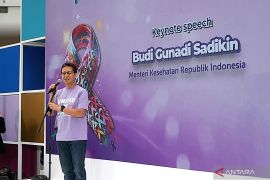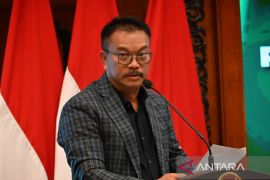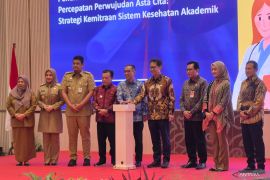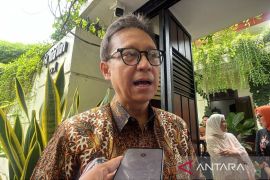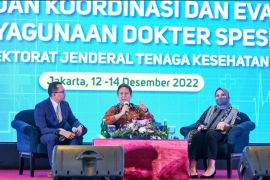Jakarta (ANTARA) - Chairperson of the Indonesian Medical Association (IDI), Adib Khumaidi, has said that to achieve equal distribution of doctors in regions, doctor placements should be controlled by the central government.
"I prefer centralization because the incentives are all from the central government so the placement should be carried out by the central government," he explained during an interview here on Friday.
According to him, if the placement of doctors and other health workers is controlled by the central government, doctors and health workers who work in regions can get career and incentive certainty.In this regard, he said, regional governments can serve as supporters while the responsibility of placements at the national level can lie with the central government.
Khumaidi added that the presence of 12 thousand new general practitioners per year should be able to help plug the shortage of doctors in regions. However, in reality, 70 percent of doctors are still concentrated in Java island.
To this end, IDI has advised regional governments to identify the need for doctors and health workers in their respective regions while also making efforts to fulfill their shortage with assistance from the central government.
Baca juga: Minta dokter di Manggarai Barat tingkatkan profesionalisme
Baca juga: Puskesmas mesti membuat masyarakat sehat tak hanya fokus kuratif
The IDI chairperson voiced support for the Health Ministry's effort to provide medical school scholarships and proposed that graduates be assigned to their respective regions of origin.
"If possible, facilitate specialty education, make the specialty education free; provide incentives. That is what we have proposed since a long time ago, and for all, not only for hospital-based (education program)," he said.
He informed that currently, regions such as Makassar, Southeast Sulawesi, Central Sulawesi, Gorontalo, Maluku, Papua, and East Nusa Tenggara are still experiencing shortages of doctors.
Pewarta : Fitra Ashari, Raka Adji
Editor:
I Komang Suparta
COPYRIGHT © ANTARA 2026
